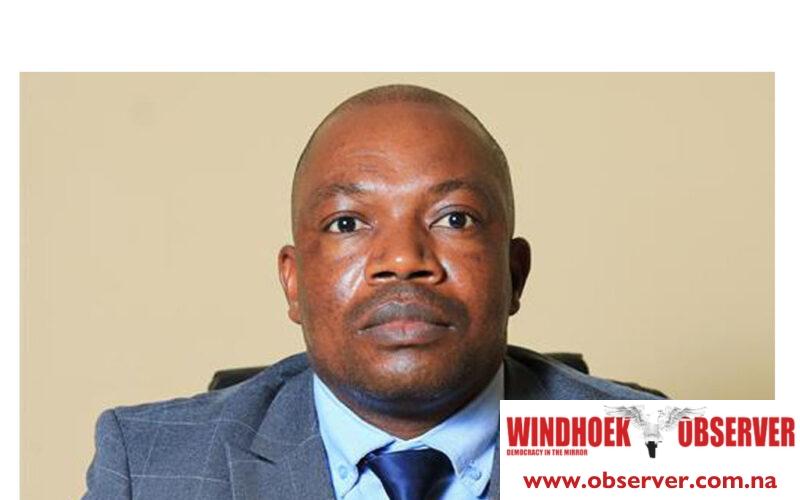Martin Endjala
Namibia’s poverty levels are said to have reached alarming proportions and it is reported to be on the increase.
In 2021, the United Nations Development Program (UNDP) survey found that about 60 percent of Namibians are either multi-dimensionally poor or vulnerable to multi-dimensional poverty.
“It is high time that the government created a universal basic income for unemployed Namibians to avert poverty and to provide social protection in the country.”
These are the words of National Council member of Parliament Paulus Mbangu, in a telephonic conversation with this publication yesterday.
His call for a basic income grant for unemployment comes after the councillor tabled a motion in the National Council chamber last month, on the importance of adopting a universal Basic Income Grant (BIG) as a means of providing social protection for the poor and vulnerable persons in Namibia.
He said the approach and research about poverty done in the past have mainly focused on income, however, he is of the view that there is a new multi-dimensional approach which includes the important issues of health, education, and generally people’s well-being.
Mbangu is adamant that there is a correlation between poverty and unemployment and the rate of unemployment especially among youth and graduates has reached alarming proportions in the country.
“In the past few months, the media has numerously reported on cases of extreme poverty including a case of a woman who had to resort to eating the skin of the goat.
On the other hand, the Ministry of Poverty Eradication and Social Welfare reported that a feasibility study that they conducted regarding the implementation of a Basic Income Grant (BIG) indicated that Namibia can afford to give N$ 400 to each unemployed Namibian per month.
Unfortunately, there are no reports on what happened to the findings and recommendations of this important report and generally, the government’s position on the implementation of a universal Basic Income Grant,” Mbangu argued.
In addition, he acknowledges the Namibian government’s efforts to provide social protection in the form of financial assistance which is given to Orphans, Vulnerable Children and pensioners.
However, he pointed out that many unemployed adults are left to fend for themselves, adding that the Ministry of Gender and Social Welfare’s attempt to transform the food bank programme into the conditional Basic Income Grant (CBIG) did not yield the expected results, as few people benefit from the food bank.
Hence his call for an urgent need to introduce an unconditional basic income grant to all unemployed adults.
The motion is currently sitting with the relevant standing committee and most of the National Council members are all in favour of the motion.




